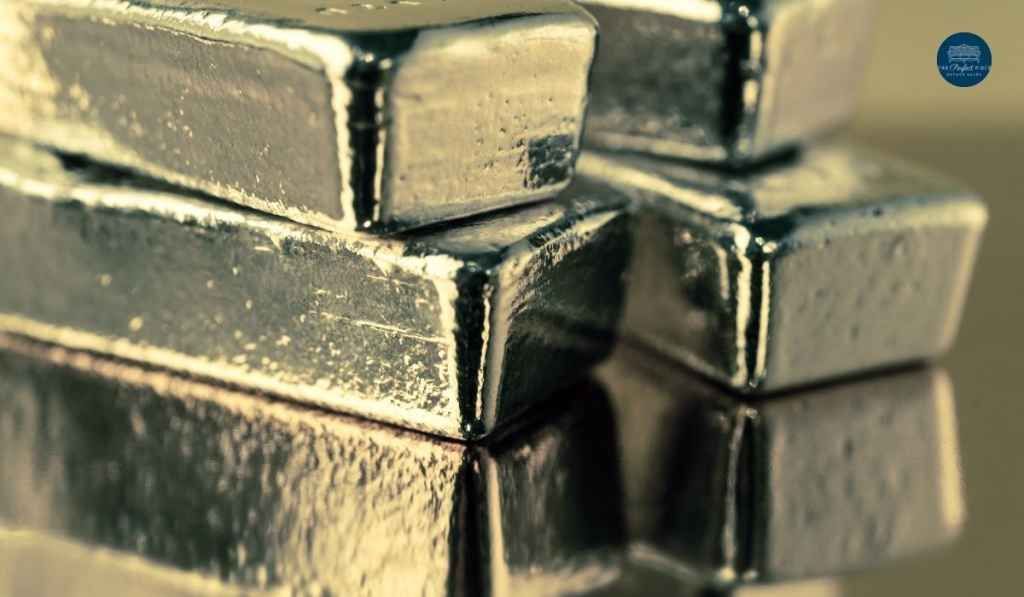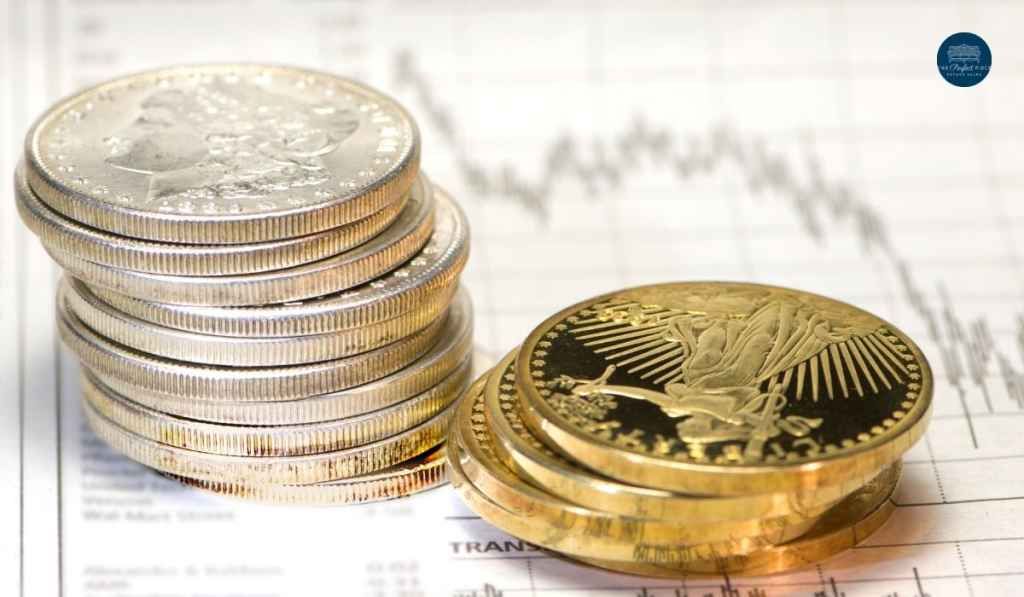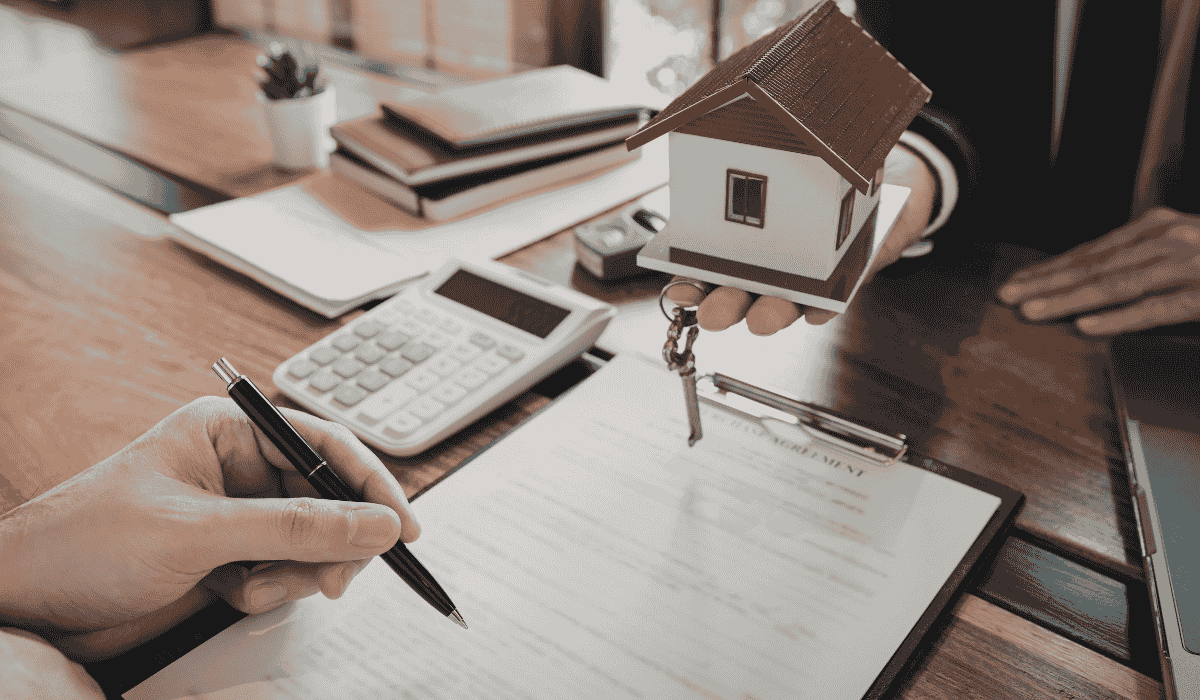The Basics of Precious Metals Trading: A Beginner’s Guide
Precious metals have fascinated humanity for millennia.
From the allure of gold in ancient civilizations to the modern-day trading floors where silver, platinum, and palladium change hands, these metals have always been synonymous with wealth, luxury, and stability.
For those looking to dip their toes into the world of investing, precious metals trading offers a unique opportunity.
This beginner’s guide will delve into the basics of precious metals trading , covering everything from understanding the market to making informed investment decisions.
Understanding Precious Metals:
Before diving into trading, it’s essential to understand the different types of precious metals and their unique properties:
- Gold : Known as the “king of metals,” gold has been prized for its rarity, beauty, and value for centuries.
It serves as a hedge against inflation and economic uncertainty, making it a popular choice for investors.
- Silver: Often referred to as “poor man’s gold,” silver is more affordable than gold but still holds significant value.
It has industrial uses in addition to being a precious metal, which can impact its price volatility.
- Platinum: Rarer than gold and silver, platinum is highly valued for its industrial applications, particularly in the automotive industry.
It tends to have a higher price than gold due to its scarcity.
- Palladium: Like platinum, palladium is a critical metal in the automotive sector, particularly in catalytic converters.
Its price is influenced by supply and demand dynamics in the automotive industry.
Factors Influencing Precious Metals Prices:
Several factors can influence the prices of precious metals:
- Economic Indicators: Factors such as inflation, interest rates, and GDP growth can impact precious metals prices.

For example, during times of economic uncertainty, investors often flock to gold as a safe-haven asset, driving up its price.
- Geopolitical Events: Political instability, conflicts, and trade tensions can lead to fluctuations in precious metals prices.
These metals are seen as a store of value during times of geopolitical turmoil.
- Supply and Demand: The supply-demand dynamics of each metal play a significant role in determining its price.
Factors such as mining production, industrial demand, and investor sentiment can influence supply and demand fundamentals.
- Currency Movements: Precious metals are priced in U.S. dollars, so movements in the currency markets can impact their prices.
A weaker dollar typically leads to higher precious metals prices, as it makes them cheaper for investors holding other currencies.
Basics of Precious Metals Trading:
Now that we have an understanding of precious metals and the factors influencing their prices let’s explore the basics of trading:
Market Access:
Precious metals can be traded through various channels, including futures contracts, options, exchange-traded funds (ETFs), and physical bullion.
Each market has its advantages and risks, so it’s essential to research and choose the right one for your investment goals.
Research and Analysis:
Before making any trading decisions, conduct thorough research and analysis of the precious metals market.
Stay informed about economic indicators, geopolitical events, and supply-demand dynamics that could impact prices.
Risk Management:
Like any investment, precious metals trading carries risks.
To protect against losses, implement risk management strategies such as setting stop-loss orders and diversifying your portfolio.
Long-Term vs. Short-Term Trading:
Decide whether you’re interested in long-term investing or short-term trading.
Long-term investors may focus on accumulating physical bullion as a store of value, while short-term traders may engage in speculative trading to profit from price fluctuations.
Storage and Security:
When trading precious metals, especially in physical form, it’s crucial to consider storage and security.
If you choose to invest in physical bullion, you’ll need a secure location to store your assets.
Options include home safes, bank safety deposit boxes, or third-party storage facilities.
Each option has its pros and cons, so weigh them carefully based on your circumstances and risk tolerance.
Market Volatility:
Precious metals markets can be highly volatile, experiencing rapid price fluctuations in response to economic news, geopolitical events, and investor sentiment.
While volatility presents opportunities for profit, it also carries risks.
Beginners should be prepared for market volatility and consider starting with smaller investments until they gain experience and confidence in their trading abilities.
Investment Strategies:
There are various investment strategies that beginners can consider when trading precious metals:
Dollar-cost averaging involves investing a fixed amount of money at regular intervals, regardless of market conditions.
It helps smooth out the impact of market volatility and can be an effective way to accumulate precious metals over time, whether through direct purchases or exchanges on platforms like precious metal exchange.
Technical Analysis:
Technical analysis involves analyzing price charts and using indicators to identify trends and potential entry and exit points.
While technical analysis can be complex, there are many resources available to help beginners learn and apply these techniques.
Fundamental Analysis:
Fundamental analysis involves evaluating the underlying factors that drive precious metals prices, such as supply and demand dynamics, economic indicators, and geopolitical events.
By understanding these factors, investors can make more informed trading decisions.
Buy and Hold: A buy-and-hold strategy may be suitable for long-term investors.
This strategy involves purchasing physical bullion or long-term investment vehicles such as ETFs and holding them for an extended period, regardless of short-term price fluctuations.
Regulatory Considerations:
Before engaging in precious metals trading, beginners should familiarize themselves with relevant regulations and tax implications.
Depending on your jurisdiction, there may be specific laws governing precious metals trading, including reporting requirements and tax treatment.
Consult with a financial advisor or tax professional to ensure compliance with applicable regulations.
Education and Continuous Learning:

Precious metals trading is a dynamic and complex market, so ongoing education is essential for success.
Take advantage of resources such as books, online courses, webinars, and forums to expand your knowledge and stay informed about market developments.
Additionally, consider joining a trading community or seeking mentorship from experienced traders to accelerate your learning curve.
Conclusion
By incorporating considerations such as storage and security, understanding market volatility, implementing investment strategies, considering regulatory requirements, and prioritizing education and continuous learning, beginners can enhance their chances of success in precious metals trading.
While the market may present challenges, it also offers significant opportunities for those willing to learn, adapt, and take calculated risks.
With diligence and perseverance, beginners can navigate the world of precious metals trading and potentially achieve their investment goals.
If you’re ready to start your journey into precious metals trading, contact us at The Perfect Piece Atlanta for expert guidance and support.
FAQs
What are precious metals, and why are they traded?
Precious metals such as gold, silver, platinum, and palladium have been valued for their rarity, beauty, and stability throughout history. They are traded as investments due to their ability to hedge against inflation, economic uncertainty, and geopolitical turmoil.
What factors influence the prices of precious metals?
Several factors impact precious metals prices, including economic indicators (inflation, interest rates, GDP growth), geopolitical events, supply and demand dynamics, and currency movements.
How can I trade precious metals?
Precious metals can be traded through various channels, including futures contracts, options, exchange-traded funds (ETFs), and physical bullion. Each market has its advantages and risks, so it’s essential to research and choose the right one for your investment goals.
What strategies can I use for precious metals trading?
Beginners can consider strategies such as dollar-cost averaging, technical analysis, fundamental analysis, and buy-and-hold. These approaches vary in complexity and risk tolerance, so it’s crucial to find one that aligns with your investment objectives.
What are the risks associated with precious metals trading?
Like any investment, precious metals trading carries risks such as market volatility, geopolitical instability, and regulatory considerations. It’s essential to implement risk management strategies and stay informed about market developments.
How should I store precious metals?
If investing in physical bullion, consider storage options such as home safes, bank safety deposit boxes, or third-party storage facilities. Each option has its pros and cons, so choose based on your circumstances and risk tolerance.
Are there regulatory considerations for precious metals trading?
Before trading precious metals, familiarize yourself with relevant regulations and tax implications in your jurisdiction. Consult with a financial advisor or tax professional to ensure compliance with applicable laws.
How can I continue learning about precious metals trading?
Stay informed by utilizing resources such as books, online courses, webinars, and forums. Consider joining a trading community or seeking mentorship from experienced traders to accelerate your learning curve and enhance your trading skills.
Can I trade precious metals with a small investment?
Yes, you can start trading precious metals with a small investment, primarily through platforms that offer fractional ownership or trading of exchange-traded funds (ETFs).
Are precious metals suitable for long-term investment?
Precious metals can be suitable for long-term investment, particularly as a hedge against inflation and economic uncertainty. Many investors view gold, silver, platinum, and palladium as stores of value over time.
What are the differences between investing in physical bullion and trading derivatives?
Investing in physical bullion involves purchasing and owning tangible metals, while trading derivatives such as futures contracts and options involves speculating on price movements without owning the underlying asset.
How can I mitigate the risks of precious metals trading?
Mitigate risks by diversifying your portfolio, implementing stop-loss orders, staying informed about market trends, and avoiding emotional trading decisions based on short-term fluctuations.
The post The Basics of Precious Metals Trading: A Beginner’s Guide appeared first on Perfect Piece.











